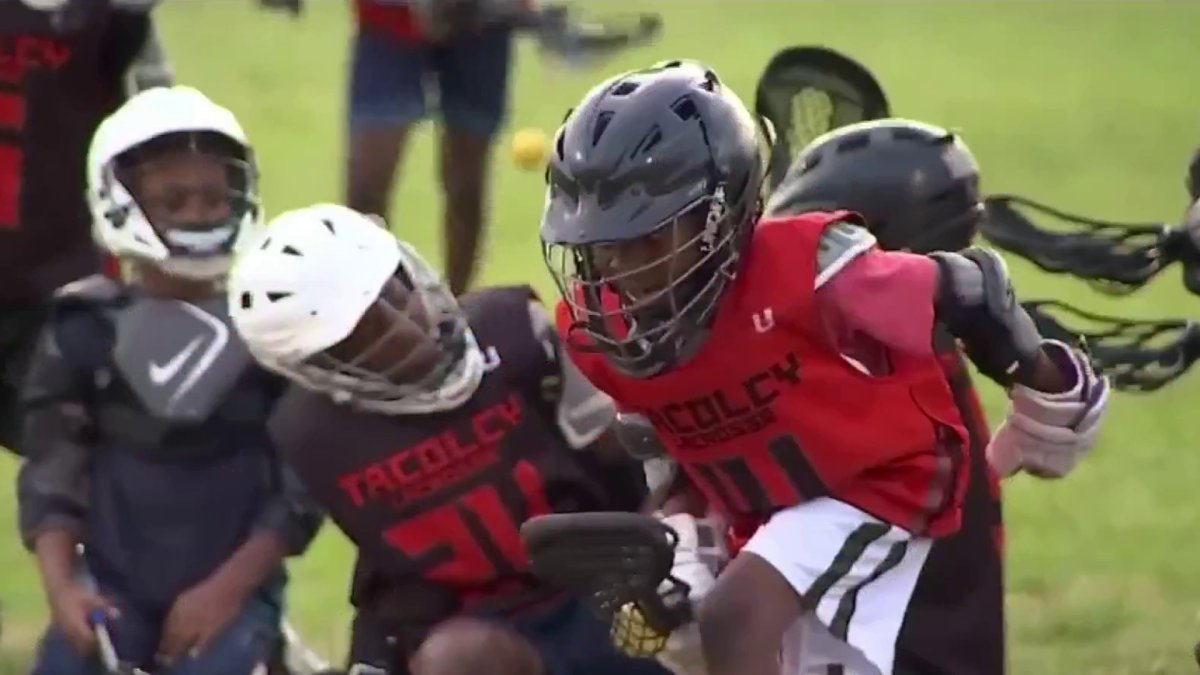Divisive Battle Over Elián González Reverberates on a Miami Stage

For many Cuban Americans, the play reflects their internal conflict during the Elián saga. Diaz, the lawyer and former mayor, was 6 when his mother brought him to Miami in 1961, forced to leave behind his father, a political prisoner. He was deeply wounded by the raid, which the play portrays as a betrayal of an agreement Elián’s relatives in Miami had signed with Reno 12 hours before. His character struggles to reconcile his faith in the system with his feelings as an exile.
“If you forget these things, they can happen again,” the real-life Diaz said. “It was an incredible learning experience,” he added, “to find myself fighting my old country and my new country at the same time.”
The issues depicted in “Elián” continue to play out in Miami and more widely. Latin American migrants continue to risk their own and their children’s lives trying to reach the United States. Miami New Drama’s social media posts have been inundated by furious accusations of communism and heated political arguments in Spanish. And months after Gov. Ron DeSantis of Florida was accused of politicizing immigration when he flew Venezuelan migrants to Martha’s Vineyard in September, growing Hispanic support helped him win Miami-Dade County by historic margins in his re-election on Tuesday.
But reviews of “Elián” have been mostly positive, and the play was featured on the morning news shows of Univision and Telemundo, the leading Spanish-language networks.
“You are doing great work in presenting this,” a host for Mega TV, Padre Alberto, told Hausmann and Pelaez, his guests from the play. “Elián was very difficult for all of us, and it continues to be very hard to think about, and to make us very emotional.”
Glenda and Dariel Candelario experienced such emotion at a recent performance. The couple, who emigrated from Cuba in 2014, were among the thousands of children forced to attend rallies in Havana demanding Elián’s return. “They didn’t give us any choice,” Glenda Candelario said.
“We had been indoctrinated — we only had the Cuban government part of the story,” said her husband, who was 15 at the time. “I’m so excited to see this now, to hear the other side.”


